
Healthy living
Use our expert advice and recommendations to live your best life every day.
Get startedBy clicking a retailer link you consent to third-party cookies that track your onward journey. This enables W? to receive an affiliate commission if you make a purchase, which supports our mission to be the UK's consumer champion.
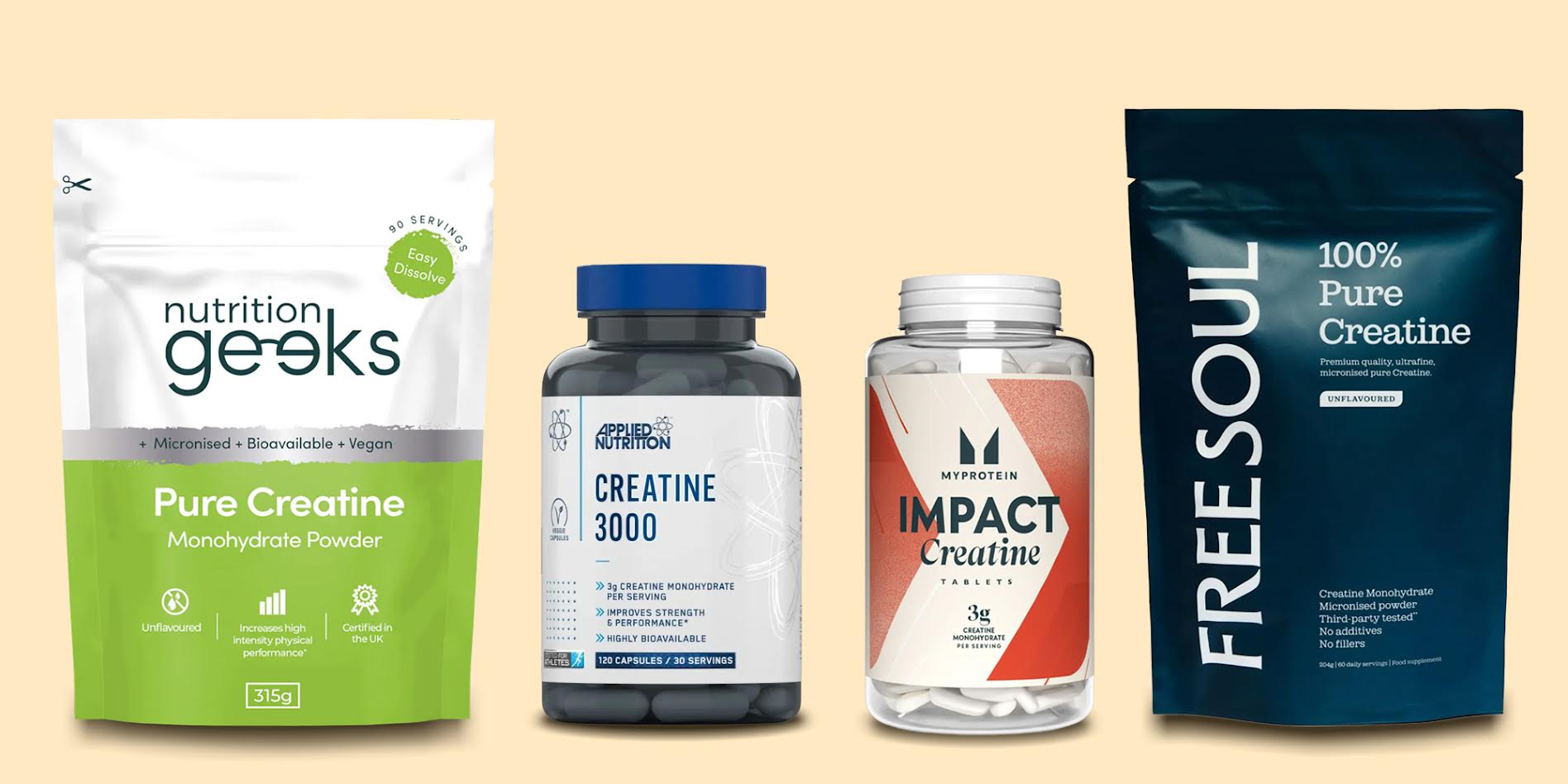
In this article
Our independent review of creatine supplements reveals the products you can trust to give you the best value and quality.
Our nutrition experts have analysed the contents of 15 popular creatine supplements, including a mix of tablets, capsules and powders.
We've uncovered the most readily absorbed options that will give you the optimal dose with the fewest unwanted extras. Plus, we explain what creatine is good for, who might benefit and tips for taking it safely.
How our reviews find you the best supplements
Bioavailability of nutrients
We assess how easily absorbed the creatine is and whether it's in a form that aids absorption
Dose
We rate the dose level and deduct points for doses that are too low to be effective or excessively high
Additives
Based on the latest research and insights, we rate the amount and type of bulkers, fillers and additives in each supplement. The fewer unnecessary extras included, the better
At Which? our reviews are independent and unbiased. We buy everything we test, looking at a range of price points and types to cover different budgets and needs.
Every supplement we review is analysed by me: Which?'s lead health and wellbeing researcher Shefalee Loth, a registered nutritionist, along with consultant dietitian Sophie Medlin.
We both have many decades of experience in this space. Sophie has advised on supplement development and I have been scrutinising supplements for Which? for more than eight years.
To assess the supplements, we look at the available evidence to determine optimal formats and dosages, as well as the additives or extras that are less desirable to include. We also consider claims made, cost per dose and more so you can choose confident you are getting the best value and quality.
Only logged-in Which? members can view our full creatine supplement reviews, including the products we think are the best value.
Join Which? to get instant access to our test results and find out which options are the best value.
| Creatine supplements | Score | Cost per daily dose | Type | Dose | Additives |
|---|---|---|---|---|---|
Sign up to reveal Get instant access to this and all our scores and recommendations Unlock tableDigital £8.99 per month, cancel any time. Already a member? Log in | Capsules | ||||
| Powder | |||||
| Powder | |||||
| Powder | |||||
| Powder | |||||
| Powder | |||||
| Powder | |||||
| Tablets | |||||
| Tablets | |||||
| Powder | |||||
| Capsules | |||||
| Powder | |||||
| Powder | |||||
| Powder | |||||
| Powder |
Sign up to reveal
Get instant access to this and all our scores and recommendations
Unlock tableDigital £8.99 per month, cancel any time.
Already a member? Log in
Date reviewed: November 2025. Page last checked: December 2025. Cost per dose is based on the recommended retail price (RRP) on the brand's website and does not account for special offers. We are not able to show every retailer, and cheaper prices may be available.
A selection of popular creatine supplements included in our assessment are listed in alphabetical order below.
Only logged-in Which? members can view the best creatine supplements and see our full reviews and results.
Join Which? to get instant access to our test results and find out which offer the best value.
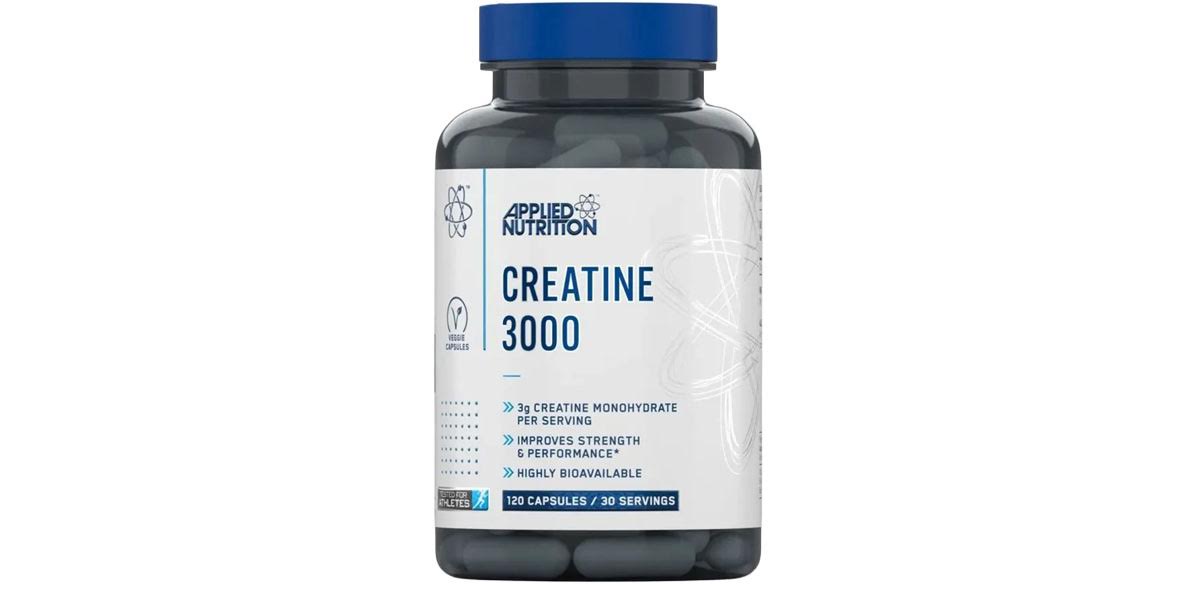
Our score and verdict Log in or join Which? to instantly reveal
Available from Applied Nutrition (£12.95 for 120 capsules), Amazon (£12.99 for 120), Lloyds Pharmacy (£10.99 for 120)
Daily dose 4 capsules once to twice a day with meals
Cost per day 43-86p
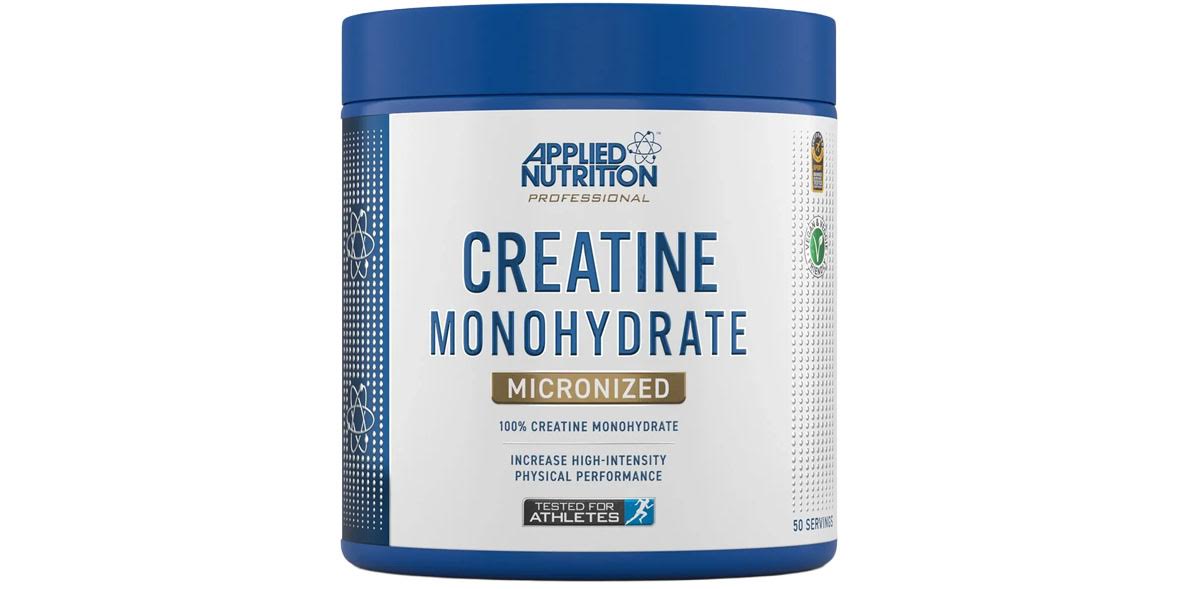
Our score and verdict Log in or join Which? to instantly reveal
Available from Applied Nutrition (£24.95 for 250g), Holland & Barrett (£18 for 250g)
Daily dose Add 5g to water, use 1-2 times a day
Cost per daily dose 50p-£1
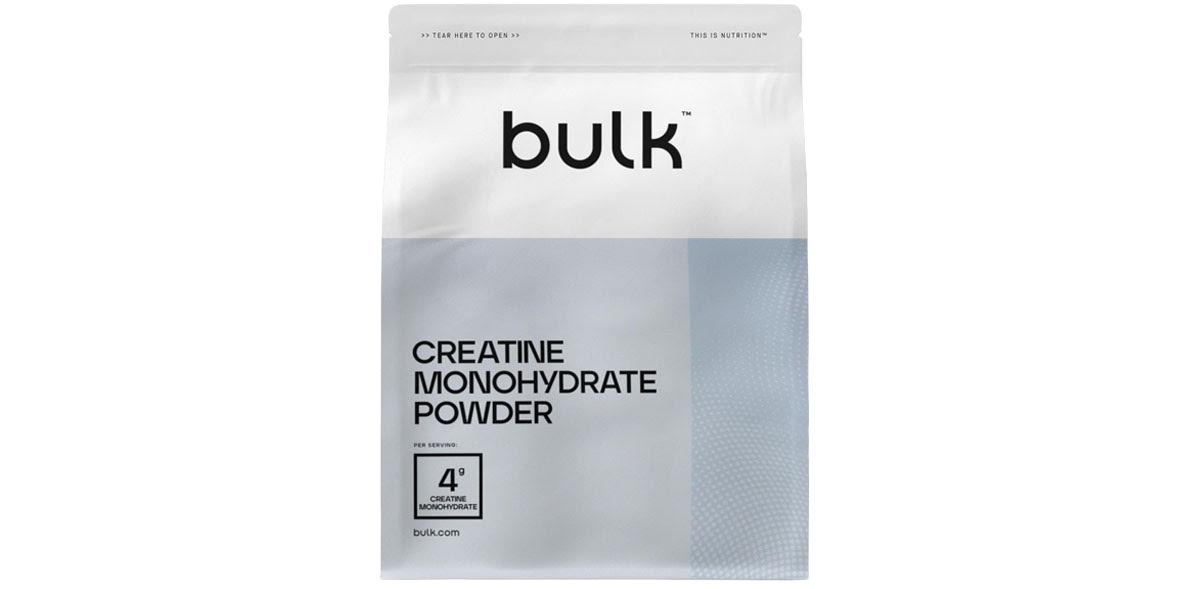
Our score and verdict Log in or join Which? to instantly reveal
Available from Bulk (£16.99 for 250g)
Daily dose Mix two scoops (5g) to 200ml water, use 1-2 times a day
Cost per daily dose 34-68p
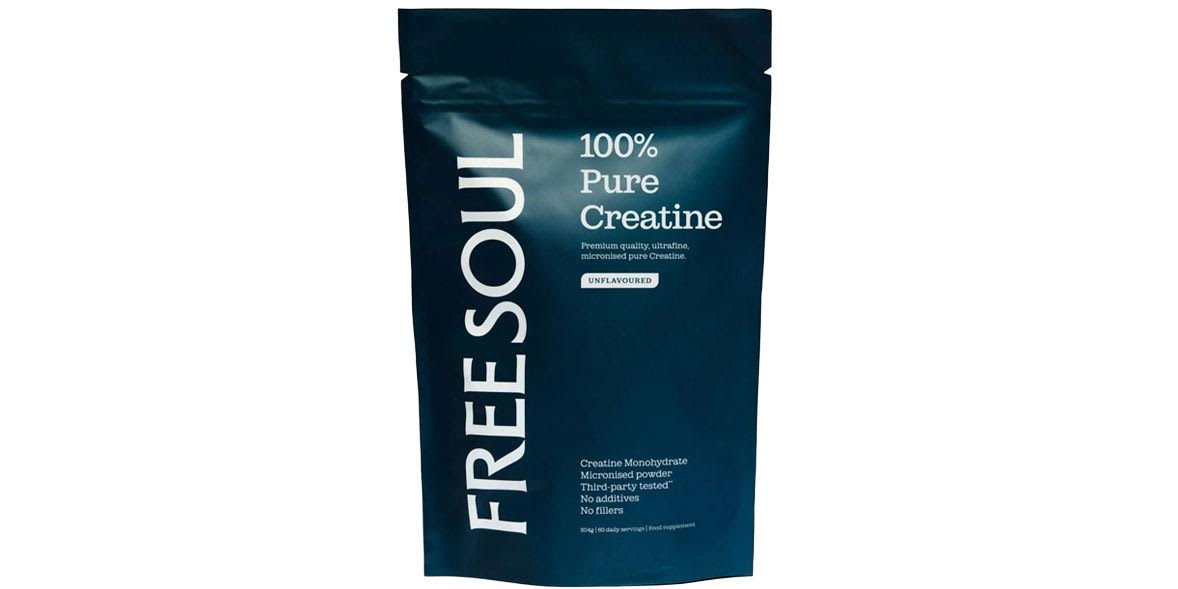
Our score and verdict Log in or join Which? to instantly reveal
Available from Amazon (£9.49 for 204g), Free Soul (£12.49 for 204g)
Daily dose Mix one rounded teaspoon (3.4g) into 250ml cold water
Cost per daily dose 21p
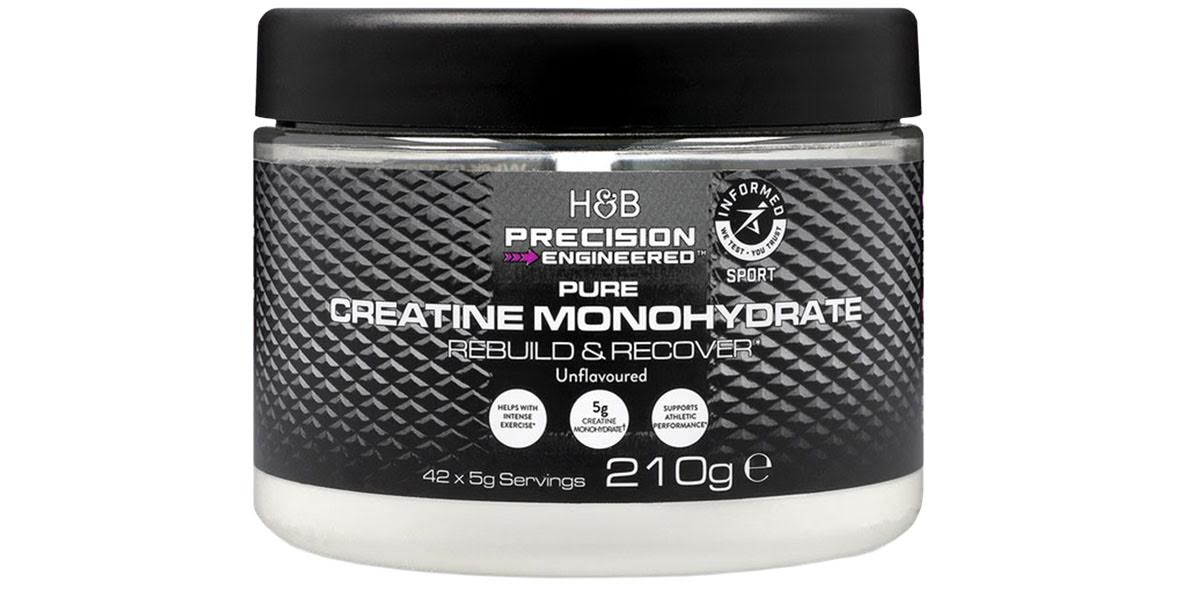
Our score and verdict Log in or join Which? to instantly reveal
Available from Holland & Barrett (£10 for 210g)
Daily dose Blend one scoop (5g) with 500ml water
Cost per daily dose 24p
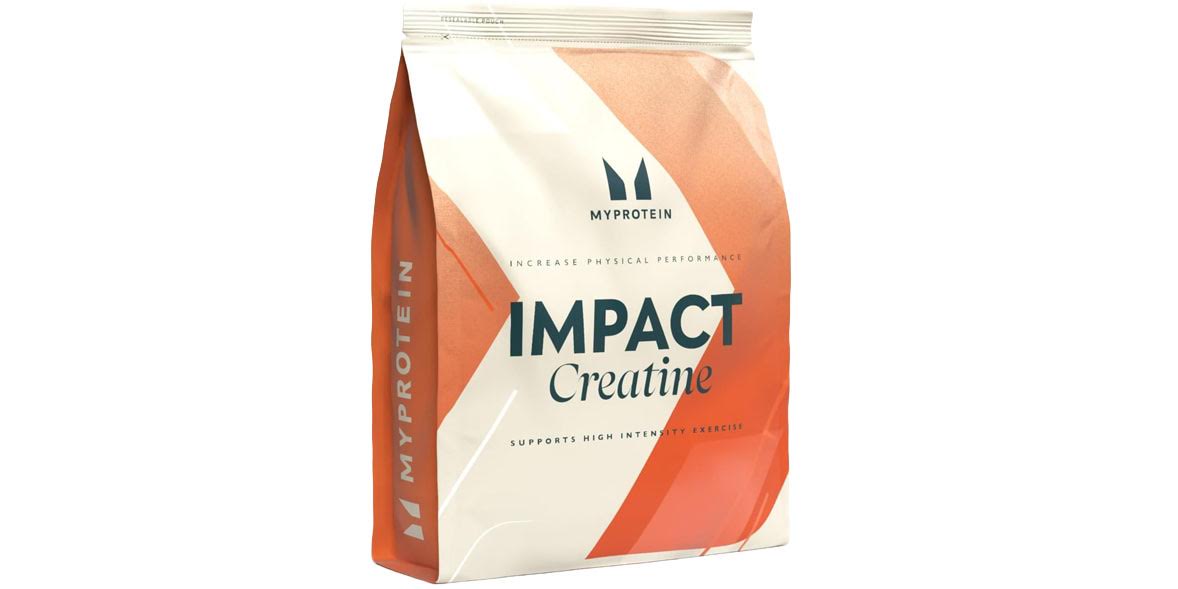
Our score and verdict Log in or join Which? to instantly reveal
Available from Amazon (£10.98 for 250g), MyProtein (£15.99 for 250g)
Daily dose Mix one scoop (3.4g) with 250ml water
Cost per daily dose 22p
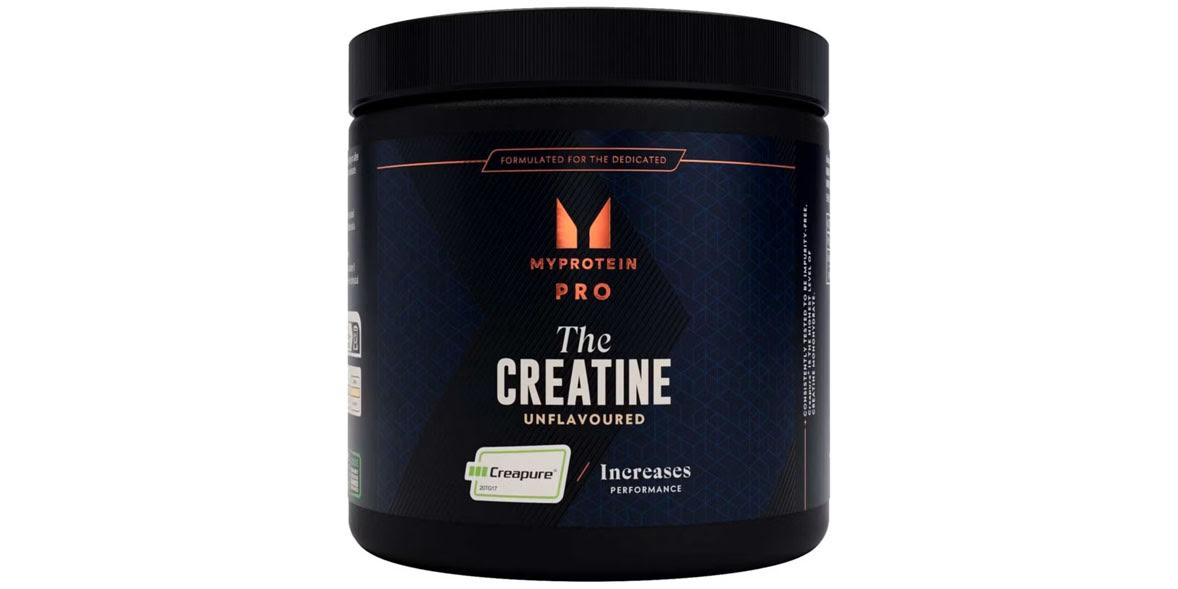
Our score and verdict Log in or join Which? to instantly reveal
Available from Amazon (£17.37 for 250g), MyProtein (£18.99 for 250g)
Daily dose Add one and half small scoops (5g) to 150-250ml water
Cost per daily dose 38p
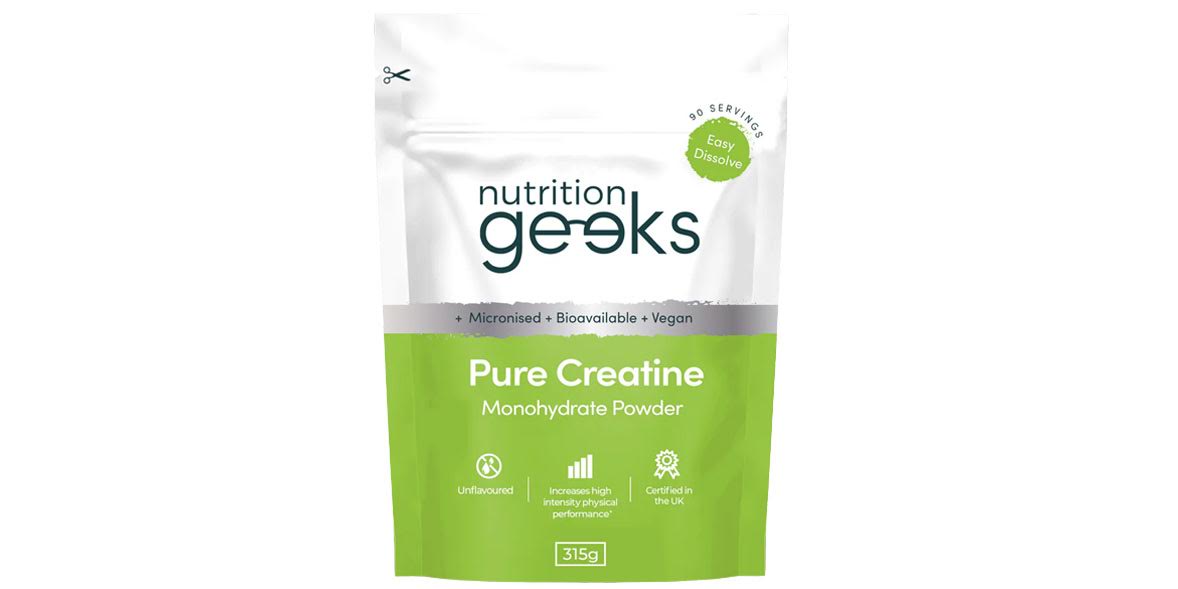
Our score and verdict Log in or join Which? to instantly reveal
Available from Amazon (£9.99 for 315g), Nutrition Geeks (£14.99 for 315g)
Daily dose Take one flat teaspoon (3.5g)
Cost per daily dose 17p
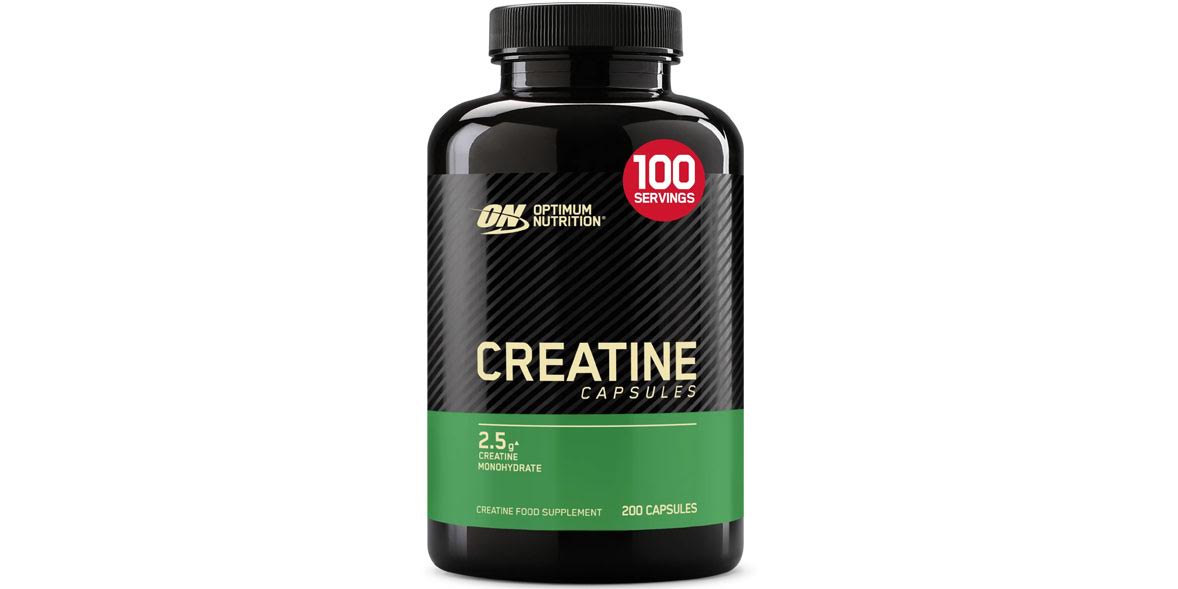
Our score and verdict Log in or join Which? to instantly reveal
Available from Amazon (£36.95 for 200), Optimum Nutrition (£50 for 200)
Daily dose Take two capsules a day
Cost per daily dose 50p
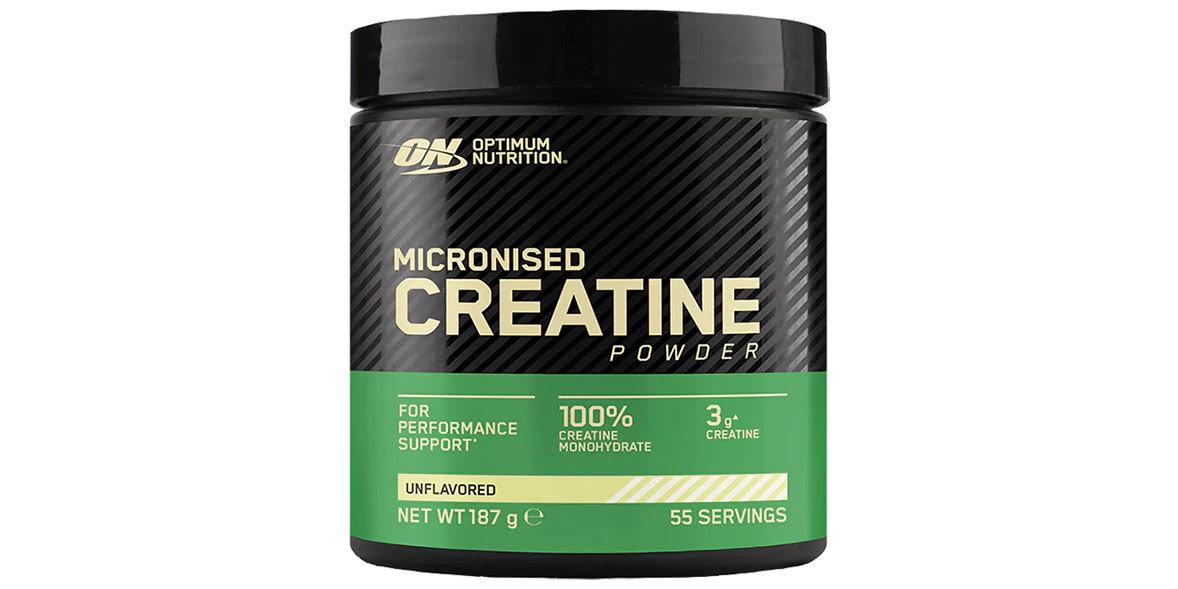
Our score and verdict Log in or join Which? to instantly reveal
Available from Amazon (18.79 for 317g), Holland & Barrett (£22 for 317g), Optimum Nutrition (£22 per 317g)
Daily dose Mix one rounded teaspoon with water or juice
Cost per daily dose 24p
Best magnesium supplements – find out why the type you buy matters and which ones we recommend
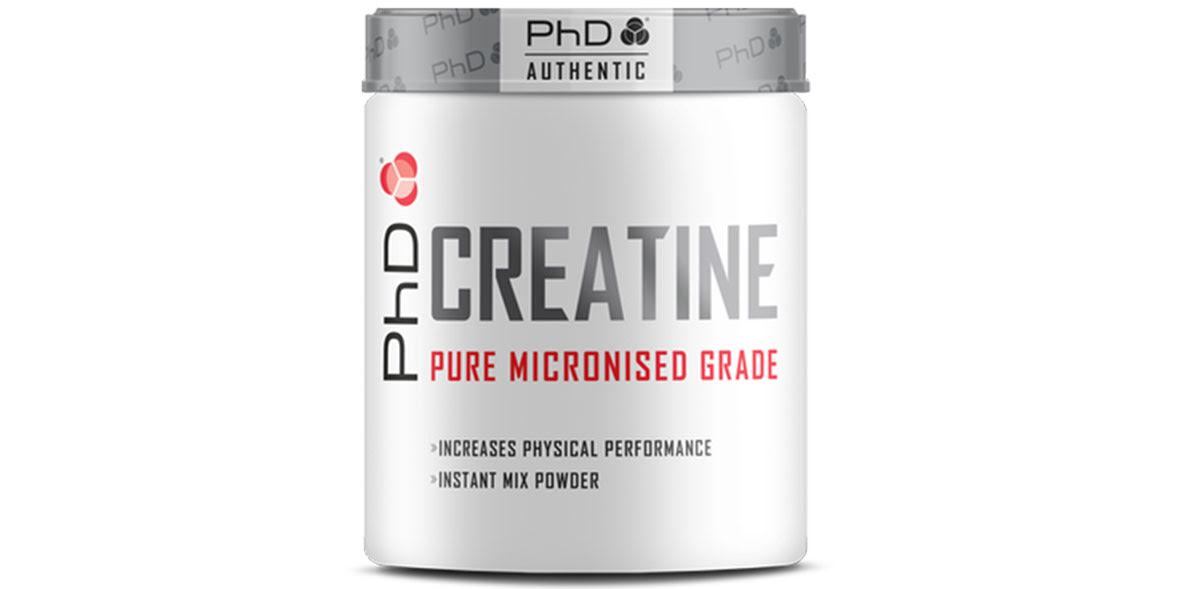
Our score and verdict Log in or join Which? to instantly reveal
Available from Amazon (£14 for 250g), Morrisons (£14 for 250g), PhD (£16.99 for 250g)
Daily dose Add one scoop (3g) to 200ml water or juice
Cost per daily dose 20p
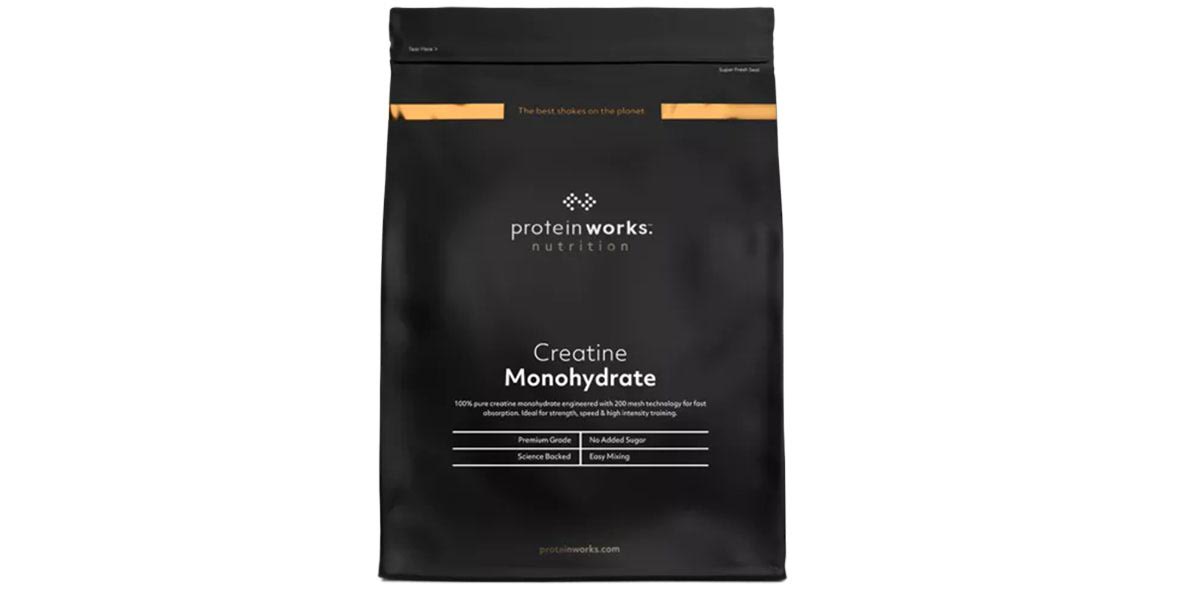
Our score and verdict Log in or join Which? to instantly reveal
Available from Amazon (£12.55 for 250g), Protein Works (£24.99 for 250g)
Daily dose Add one scoop (3g) to 150-200ml of chilled water, use 1-2 times a day
Cost per daily dose 30-60p
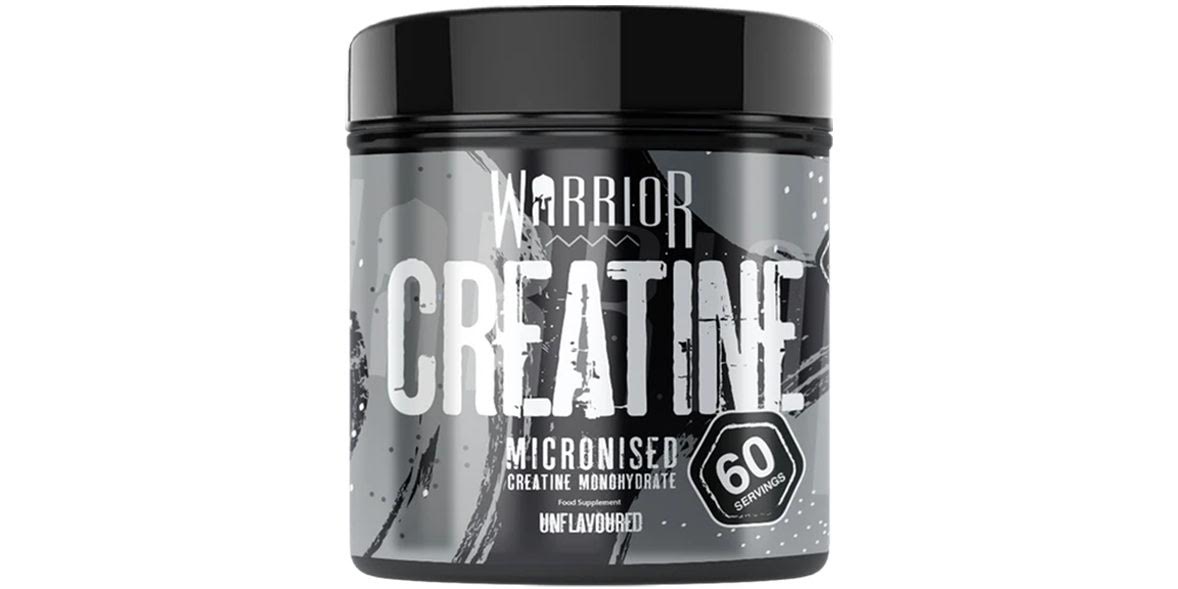
Our score and verdict Log in or join Which? to instantly reveal
Available from Amazon (£10 for 300g), Boots (£15 for 300g), Warrior (£14.99 for 300g)
Daily dose Mix one scoop (5g) with water or any favourite drink
Cost per daily dose 25p
We've selected a range of popular creatine supplements, including powders, capsules and tablets to uncover the best options to buy.
Our review assesses three key factors:
We also calculate the cost per dose, based on the manufacturer's recommended dosage, and check for any other key need-to-knows when choosing, such as whether you have to swallow multiple tablets to get the recommended amount. If a brand makes claims that aren't backed by solid evidence, we'll flag that too.
Why you can trust us: at Which? we're free from manufacturer and retailer influence. Find out more about our impartiality and how your support helps us to stay editorially independent
Creatine is commonly used to support athletic performance by increasing muscle mass and aiding recovery. It's a naturally occurring compound produced by the body. It’s also found in small amounts in animal protein sources such as red meat and fish.
It acts as a fuel source for muscles, specifically for high-intensity, short-burst activities – such as sprinting or lifting weights. To perform high-intensity exercises, your muscles need a fast-acting supply of energy. They get this from a molecule called adenosine triphosphate, or ATP. During intense exercise, ATP is rapidly broken down to release energy. Creatine helps regenerate ATP quickly, allowing muscles to sustain their high power output for longer.
A sprinter or weightlifter might therefore take creatine to improve this process - though it's also increasingly being used by older adults to offset age-related muscle mass decline. Due to its connection with sports performance, it is one of the most extensively studied and tested supplements available.
More recently creatine has been linked to other benefits, including helping to ease menopause symptoms such as brain fog and slowing age-related decline in brain function.

There's solid evidence that creatine supplementation, when combined with resistance training, helps to build muscle mass.
There are two authorised health claims for creatine in the UK (on the Great Britain Nutrition and Health Claims Register):
This means there is sufficient evidence to back these benefits.
As we age, we lose muscle mass, and studies have shown that creatine can help maintain muscle mass, strength and bone density.
However, creatine doesn't build muscle by itself – you still have to put the work in. Creatine can deliver increased strength and power to your muscles during a workout, allowing you to work harder, and this is what builds more muscle.
As for other claims made for creatine, the evidence is less well established. The Health Claims Register, for instance, does not recognise the claim that creatine 'improves mental attentiveness' or 'assists in mental performance'. The scientific committee that assessed the available evidence for this found that the link is not yet established.
Some studies do seem to show that creatine supplementation can help during menopause, not just with loss of muscle mass but also with the cognitive changes like brain fog. This may be because, by providing cellular energy and reducing oxidative stress, creatine has a powerful antioxidant effect. However, there is still relatively little research in these areas.
Recent research suggests that because creatine plays a significant role in supplying energy to the brain, it may best benefit those who are already mentally fatigued, sleep deprived or who lack creatine because it is not present in their diet (vegans or vegetarians). It may be less useful in an already healthy individual who eats animal proteins.
So, the benefits of creatine in muscle building are well established, but while it may seem promising in other areas, more research needs to be done
The most popular type of creatine – and also the most widely researched – is creatine monohydrate. This is generally considered to be the most effective and cost-efficient option.
As the most commonly tested version, creatine monohydrate has been proven as safe to consume, with no serious side effects.
Creatine monohydrate is typically taken in powder form. Our research shows this is generally the cheapest option and it's also the purest form, in that there are no additives.
The powder can be mixed into water, added to protein shakes or sprinkled on your cereal. However, when unflavoured it does tend to have a bitter, metallic taste. If you don't like this you might be better off mixing it with a flavoured drink or choosing a tablet or capsule form. Flavoured powders are also available.
Creatine is also sold in chewable gummy supplement form, but there's reason to be wary of these. US health tech startup SuppCo recently tested some of the most popular brands in independent labs and found that four of the six gummies tested contained almost no creatine at all.
It's an expensive way to get your fix too, as you'll usually need to take 3+ gummies a day (there's only so much you can pack into one gummy). This means more additives and sugar too.

There isn't an official recommended dosage for creatine supplementation as it is not an essential daily nutrient covered by NRV (nutrient reference value) guidelines, which focus on vitamins and minerals.
However, the amount that has been shown to have the most benefits in studies is 3-5g per day, and this is what most manufacturers recommend. Those taking it for athletic purposes may sometimes take higher dosages, but for general supplementation this is not considered necessary, and may put more stress on your kidneys.
In the fitness world, and particularly among brands that sell creatine, it is often suggested that you start taking creatine with a higher dose for a period of a few days or a week, before reducing to a daily ‘maintenance’ dose. This is called 'loading', and the theory is that this will lead to faster benefits by saturating the muscles' creatine stores more quickly.
However, for most people considering creatine, a slow and steady approach may be more sensible and present a lower risk of side effects than loading (typically minor digestive issues).
Best multivitamin reviews – use our independent expert reviews to uncover the best options for you
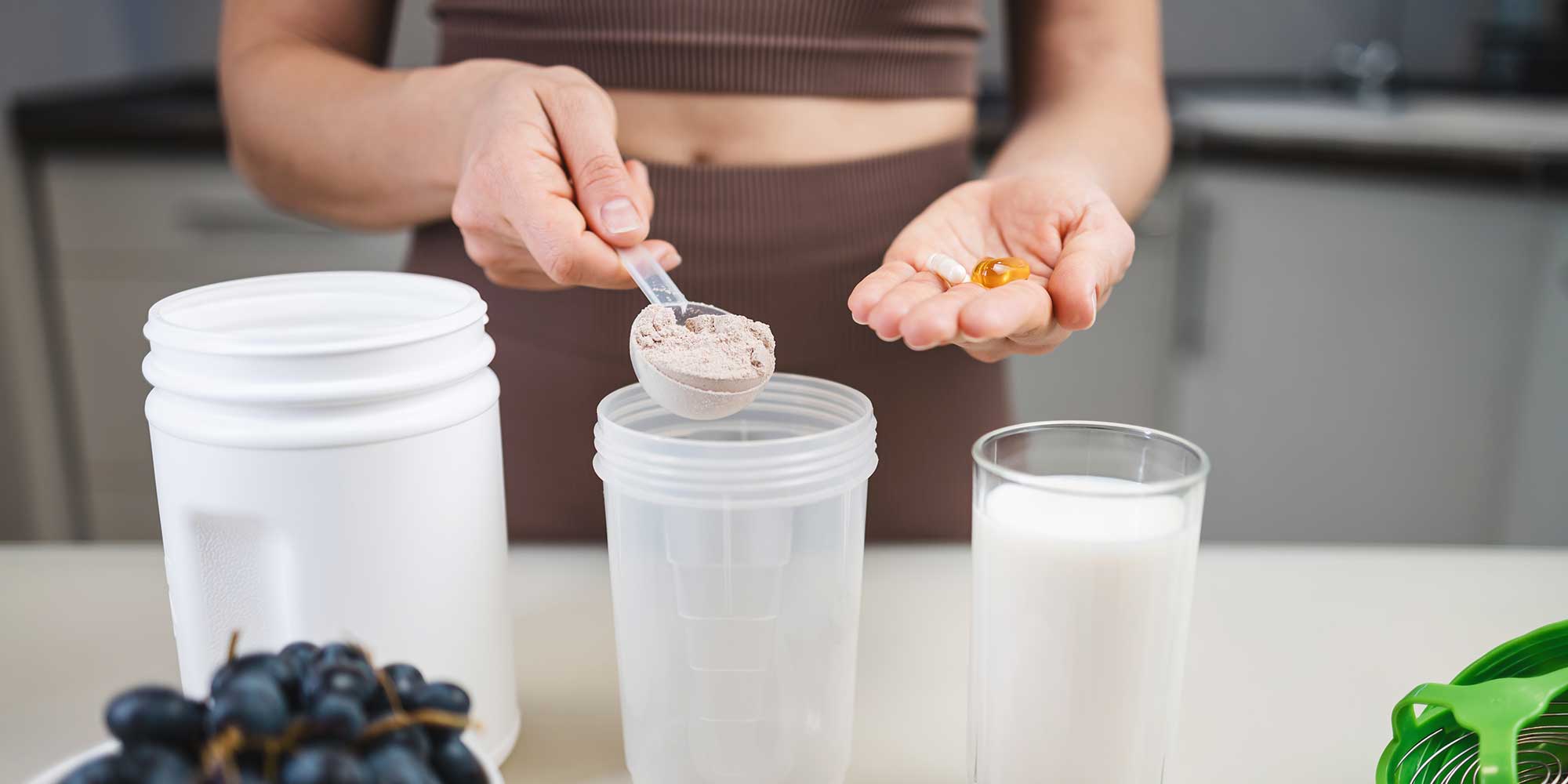
Creatine isn't recommended if you're pregnant, breastfeeding or under 18, as there is a lack of safety research for these groups.
People with pre-existing conditions – especially those with kidney issues – should not take creatine without consulting a health professional.
Serious side effects are rare, but as always, if you have a pre-existing condition or take medication, consult a medical professional to ensure it's safe for you.
The most common side effects of taking creatine are stomach upsets, muscle cramps and weight gain.
Weight gain is not caused by gaining fat, but from water retention, as the creatine pulls more water into your cells. This can put people off, but most people find that their weight naturally stabilises over a few weeks.

Use our expert advice and recommendations to live your best life every day.
Get startedOur creatine assessment was conducted by Which? nutritionist, Shefalee Loth, and Sophie Medlin, consultant dietitian.
Shefalee Loth, Which? principal researcher and nutritionist

Shefalee is a public health nutritionist with 20 years' experience, and has worked for the NHS, The London School of Hygiene & Tropical Medicine and World Cancer Research Fund.
At Which?, Shefalee is a principal researcher, researching and writing food and nutrition content for our magazine and website. She is also a media spokesperson and the research lead for our health and wellbeing reviews. She is a trustee at Sustain, the food and farming alliance.
Shefalee focuses on cutting through the hype to explain what you need to know about nutrition and healthy eating. From 'How bad is ultra-processed food?' to the 'Top gut health myths you need to know about' and 'What really works to cut cholesterol', she gives no-nonsense advice to help you make healthier choices and save money.
Sophie Medlin, consultant dietitian and founder of CityDietitians

Sophie Medlin is a well-recognised consultant dietitian with nearly 20 years' experience working across the NHS and academia and within her own private practice at CityDietitians.
Sophie is chair of the British Dietetic Association for London.
With her in-depth knowledge of nutrition – both theoretical and applied – Sophie has helped to formulate supplements, giving her insight into the strengths and weaknesses of products and the manufacturing process.